Simply put, composition is the creation of original music. Creating and scoring new music necessitates an understanding of the structure and inner workings of that genre and piece. Composers are the people who create original compositions. Their abilities become strengthened by studying the compositions of many others. This is where composition programs come in: attending school for composition hones your range of abilities to create solid, original music that can stand the test of time.
What is Composition?
Composers intimately understand the inner workings of music. With a deep understanding of musical theory topics such as chord progressions and intervals, composers create songs that fulfill genre conventions while remaining innovative. How do you create a piece of music that feels recognizable, but still contains delightful surprises? Composers can tell you.
Composers also understand the social contexts of musical structures. We all know that sonatas tend to sound much different from country music ballads. What composers know are the technical reasons that underlie these differences. Pitch, tone, scale, tempo, notation, instrumentation, and other principles join together to differentiate one piece of music from another.
A Short History of Composition Programs
Like many musical fields, aspiring composers have traditionally worked in an apprenticeship capacity with their mentors. In the past, the work of some well-known composers was funded by wealthy individual patrons. As access to higher education grew and instruments became more standardized, there was a growing need for formal composition programs through which composers could learn uniform approaches. These days, many musical composition programs exist around the country and the world. Composition students come from all backgrounds pursue goals that branch throughout all musical genres. With the ubiquity of recorded music, movies, and television, the audience for composers is larger than ever before.
How Do I Know If Composition is the Right Career Path for Me?
Though some think that composers are struck by a lighting bolt of inspiration, the truth is that this is rarely the case. Like any creative endeavor, composition is a skill that can be taught. Each person possesses their own brand of innate creativity, but the building blocks of composition can be taught to anyone.
Composition may be the right career path for you if you are interested in growing your creativity through learning new tools. Composition programs encourage you to develop your unique voice as you practice extensive skills that every composer needs to know.
Job Outlook Predictions in the World of Composition
Composers work in a variety of fields depending on their area of focus. Some composers work to create film and TV scores. Other composers work for advertising companies that focus on creating the music that underlies popular ads. Still other composers work in academic contexts, pursuing advanced degrees and teaching at a university, with private students, or in another academic capacity. Some composers even work as professional musicians who play their own compositions.
Top Five Characteristics of The World’s Best Composition Programs
There are a growing number of musical composition programs to choose from. As an applicant, here are a few of the top considerations to keep in mind as you determine which school to attend:
-
Manageable Class Size
- In creative fields especially, it’s important that you do you work in classes that aren’t too big. Being part of a small cohort of students means that your abilities will have the chance to shine.
-
Individualized Feedback
- One of the best parts of attending a composition school is that you will receive individual feedback on your compositions. Make sure that the school you choose provides plenty of opportunities to receive such feedback.
-
Innovative Classrooms
- Though all composers obviously need regular access to instruments, composition students also need to be able to use the latest composition technologies. Notation software and other technologies make the tedious part of the work much easier, allowing you to focus on why you’re there: composing. Practicing with these technologies in college puts you in a position to use them to your advantage throughout your career.
-
Opportunities that Extend Beyond the Classroom
- Whether it’s collaborating with other musicians or finding performers who can bring your compositions to life, opportunities that extend beyond the classroom are a prime chance for you to show the world what you’ve got. Quality composition schools provide you with a tableau of off-campus networking through which you will begin to build your pipeline to success.
-
A Location Poised to Help You Make Your Mark
- It’s important that the school you attend exists in a location that lends itself to success. Established music programs in large cities offer a unique chance for collaboration, guest opportunities, and other networking. When considering composition schools, location is an aspect of the experience you can’t afford to ignore.
What Do I Need to Know Before Applying to a Program in Composition?
Before applying to a composition program, you will want to make sure the school offers a comprehensive approach towards composing. Not only will you need to become well-versed in a variety of instruments, but you will also want to gain additional skills in other areas. It’s important for any composer to know about business and legal issues like copyright laws. You may want to specialize in or compliment you major with another area like music technology, musicology, music history, and more. Every school cannot offer every single program, so make sure that the school does indeed have what you want before you apply.
Finding a Composition Program That is the Right Fit For You
As a musical composition applicant, it’s important to find a distinguished composition program that is large enough to provide you with a multitude of opportunities, but is also a nurturing community. As an artist, you need to be in an environment that encourages your creative spirit. The Frost School of Music at the University of Miami has pioneered The Frost Method™, a pedagogical approach that uses best practices to teach students how to compose quality music reliably. Founded upon research-based techniques, The Frost Method™ places you in a small group of your peers to learn in a hands-on way from an esteemed instructor.



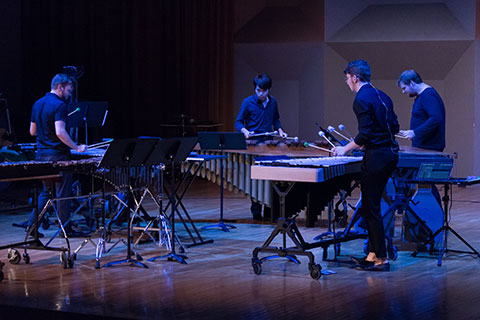
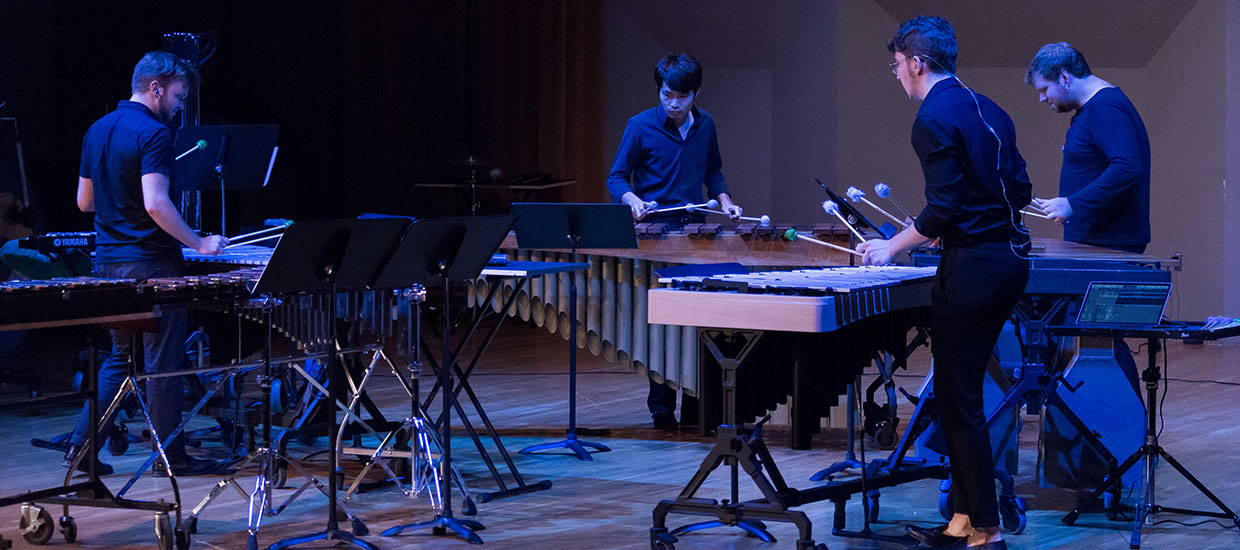
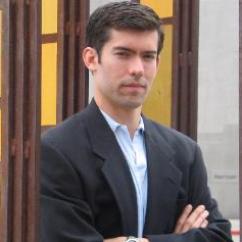 Steve Danyew, B.M. ‘06 was named the winner in the Brighton, MI Bands 75th Anniversary Wind Ensemble Fanfare Composition Competition for a fanfare based on his extended work
Steve Danyew, B.M. ‘06 was named the winner in the Brighton, MI Bands 75th Anniversary Wind Ensemble Fanfare Composition Competition for a fanfare based on his extended work 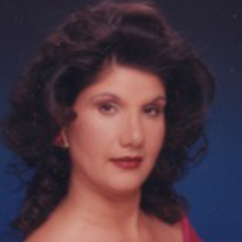 Sylvia Constantinidis, M.M. ‘93 and ‘08, was the artistic director at Omorfia Contemporary Music Ensemble and Secco Southeast Contemporary Chamber Orchestra. She is a pianist, conductor, writer, music educator and composer.
Sylvia Constantinidis, M.M. ‘93 and ‘08, was the artistic director at Omorfia Contemporary Music Ensemble and Secco Southeast Contemporary Chamber Orchestra. She is a pianist, conductor, writer, music educator and composer.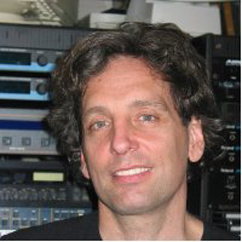 Jim Papoulis, M.M. ’82, was named Frost School of Music 2004 Distinguished Alumnus. He composes, orchestrates, and conducts music for dance, film, symphonies, quartets, pop bands, gospel, and choirs. Paploulis’ distinctive style combines contemporary sounds with musical traditions from around the globe. His award-winning compositions are known for exploring new modes of musical communication by connecting classical and traditional forms with non-Western sounds and computer technology.
Jim Papoulis, M.M. ’82, was named Frost School of Music 2004 Distinguished Alumnus. He composes, orchestrates, and conducts music for dance, film, symphonies, quartets, pop bands, gospel, and choirs. Paploulis’ distinctive style combines contemporary sounds with musical traditions from around the globe. His award-winning compositions are known for exploring new modes of musical communication by connecting classical and traditional forms with non-Western sounds and computer technology.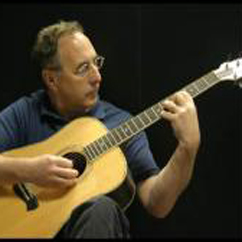 Bruce Zimmerman, B.M. ‘81, film and video composer, won his fourth regional Emmy for scoring Season 3 of Jonathan Bird’s
Bruce Zimmerman, B.M. ‘81, film and video composer, won his fourth regional Emmy for scoring Season 3 of Jonathan Bird’s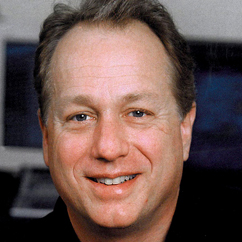 Frost School of Music’s 2005 Distinguished Alumnus Joel McNeely, B.M. ’82, is an Emmy Award-winning composer, producer, and conductor who works with many of Hollywood’s most influential producers and directors including James Cameron, John Lasseter, Seth MacFarlane, and George Lucas. McNeely received an Emmy Award for Outstanding Achievement in Music Composition, an ASCAP Film and Television Award, and a Gramophone Magazine Award. He was nominated for an Emmy for Outstanding Achievement in Music Direction, a Grammy for Outstanding Classical Crossover Album, and an Annie Award for Outstanding Music in an Animated Feature.
Frost School of Music’s 2005 Distinguished Alumnus Joel McNeely, B.M. ’82, is an Emmy Award-winning composer, producer, and conductor who works with many of Hollywood’s most influential producers and directors including James Cameron, John Lasseter, Seth MacFarlane, and George Lucas. McNeely received an Emmy Award for Outstanding Achievement in Music Composition, an ASCAP Film and Television Award, and a Gramophone Magazine Award. He was nominated for an Emmy for Outstanding Achievement in Music Direction, a Grammy for Outstanding Classical Crossover Album, and an Annie Award for Outstanding Music in an Animated Feature. University of Miami Frost School of Music 2000 Distinguished Alumnus Kenneth Fuchs, B.M. ‘79, is an acclaimed composer of music for orchestra, band, chorus, and various chamber ensembles. He has received numerous commissions, achieving significant recognition through global media exposure. BBC Music Magazine called Fuchs “a master of orchestral writing.” His music has been performed in the United States, Europe, and Asia.
University of Miami Frost School of Music 2000 Distinguished Alumnus Kenneth Fuchs, B.M. ‘79, is an acclaimed composer of music for orchestra, band, chorus, and various chamber ensembles. He has received numerous commissions, achieving significant recognition through global media exposure. BBC Music Magazine called Fuchs “a master of orchestral writing.” His music has been performed in the United States, Europe, and Asia.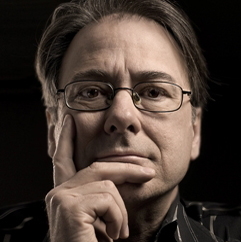 Charles Mason, B.M. ‘77, is the associate professor and chair of the Department of Theory and Composition at the University of Miami Frost School of Music, where he received the Distinguished Alumnus Award in 2009.
Charles Mason, B.M. ‘77, is the associate professor and chair of the Department of Theory and Composition at the University of Miami Frost School of Music, where he received the Distinguished Alumnus Award in 2009.